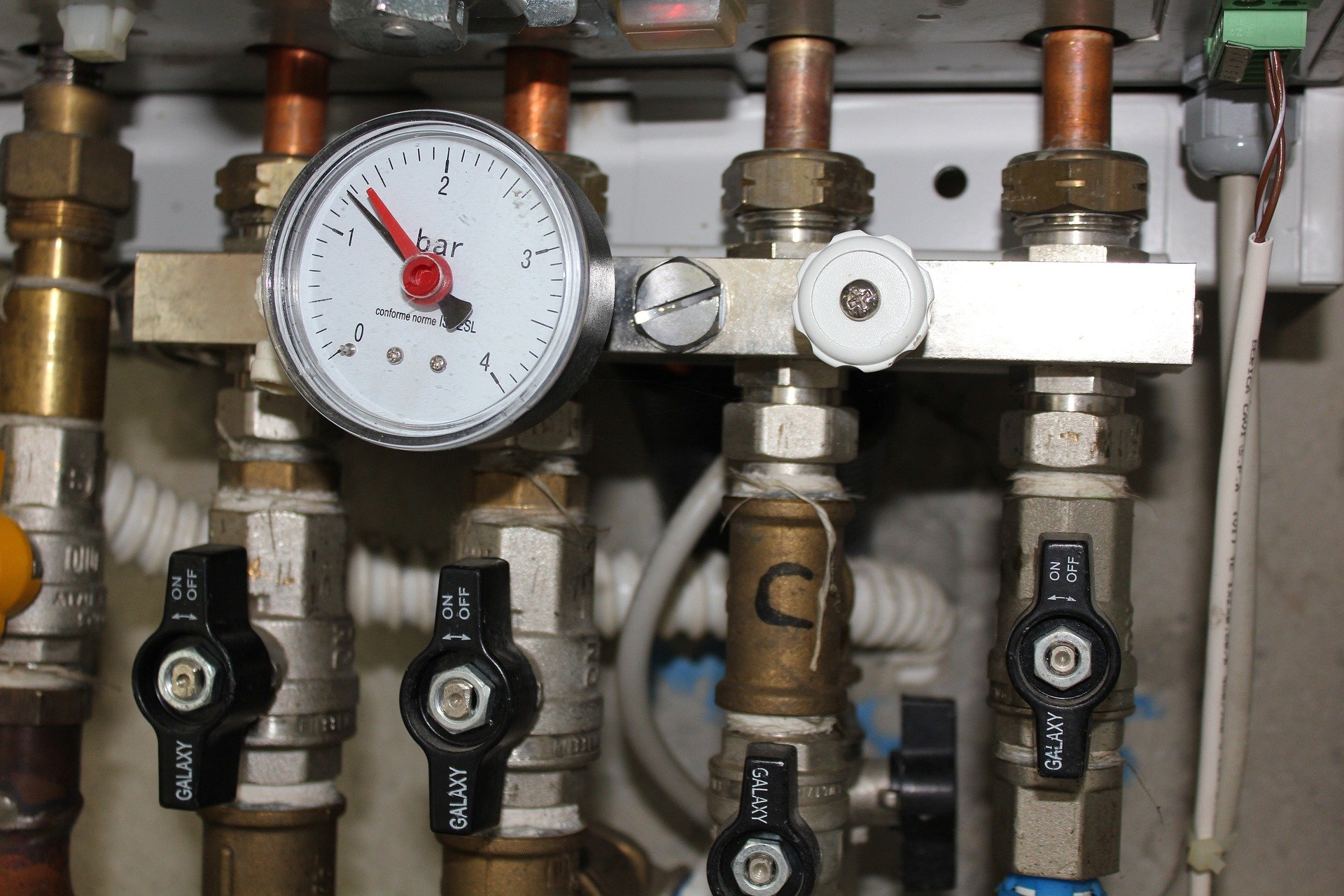What Should You Know About Your Home’s Water Heater?
There’s nothing quite like waking up in the morning to the rejuvenating power of a hot shower to prepare you for the day ahead. And there is nothing like the disruption of a day when the hot water heater starts to malfunction, almost always suddenly and at inopportune times. It’s at these moments in life that homeowners often realize how very little they know about this specific utility in their homes.
Most homeowners give little to no thought about their water heater until a malfunction or failure occurs making it challenging, to say the least, to take a shower, do laundry, or wash the dishes.
Let’s take a closer look at water heaters, the types of water heaters, and common problems that develop over the course of their lifespan.
What Are The Types of Water Heaters
When you first bought your home, your inspector probably told you what type of water heater is heating the water that travels through the pipes and taps of your home. Common options in our region include a conventional gas or electric-fueled tank water heater, a tankless on-demand heater, an integral tankless water heater, a heat pump water heater, and an indirect water heater using hot water from a heating system boiler fueled by natural gas or oil.
Each option comes with considerations for the home’s fuel source (oil, natural gas, propane, electricity, and geothermal), the size and capacity needed to accommodate the number of people using the hot water, the amount of space needed to accommodate the tank, and (as always), the homeowner’s budget.
How Long Does A Water Heater Last?
A great question to ask when purchasing a home is how old the water heater is and when it was last serviced. This will give you a good idea of where this component is in the expected lifespan.
Most conventional gas or electric-fueled storage-tank water heaters typically last an average of 8 to 10 years, while a gas-fired on-demand tankless water heater can last up to 20 years if properly maintained! An integral tankless coil inside a boiler typically lasts 12-15 years. Knowing what type your system is and the age will help you plan and budget for the replacement.
What Common Issues Develop in a Water Heater?
Homeowners need to be aware of the basics of the major components in their homes and what signs of aging or disrepair look like.
Some of the most common issues that develop with a water heater include issues with leaking, inadequate temperature, discoloration of water, odors, and loss of hot water entirely.
Leaks
Look at your unit periodically. There should be no signs of corrosion on any of the plumbing fittings connected to the unit. If there are, have them addressed quickly.
Water Pressure Issues
Water pressure can affect how integral tankless water heaters heat domestic hot water. Low hot water pressure can be a clue of a failing tankless water heater.
Smelly or Discolored Water
Signs that your tank may have a buildup of bacteria or excessive mineral buildup in the tank itself. One clue is if the water’s color runs brown. A temporary instance of discolored water could be explained by water departments flushing the hydrants. This is not typically an issue of concern.
No Hot Water
In any case of no hot water, a plumber should be called in to inspect for the cause and make the determination if a repair or replacement is warranted.
As with many components of a home, care, and maintenance are needed to keep these systems working properly. The more you know about your home’s major systems the better prepared you will be to anticipate needed repairs.

